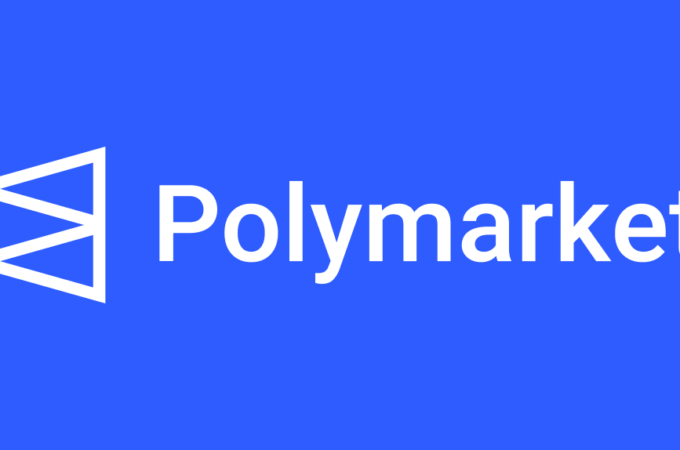
How Fintech Developments Can Improve Your Small Business?
Fintech utilizes software technology, mobile devices, and cloud services to connect small businesses and consumers with financial products. Digital banks, mobile payments, cryptocurrency insurance technology, and crowdfunding platforms are among the most popular uses of fintech.
For example, Square, a mobile payment app, is one of this year’s hottest fintech companies. Robinhood has made it easier for consumers to make their own investment decisions. Other big names in the fintech space include Salesforce, Apple Pay, Venmo, and PayPal.
Examples of How Can Fintech Products Help
Fintech helps improve your bottom line. Normal financial activities such as applying for startup business loans, managing invoices and accounts payable, making payroll, and cash flow forecasting are simplified by fintech applications. Fintech even made it easier to access PPP loans. Below are a few examples of how fintech products can help your small business.
Automating Accounting
Fintech software apps incorporating machine learning, artificial intelligence, and task management reduce the amount of time needed to perform traditional accounting tasks. One of the most common problems small businesses face is cash flow gaps caused by unpaid invoices. Fintech such as AvidXchange automates your accounts payable and payment process from procurement to invoicing to payment.
With automated accounting, your staff is no longer busy dealing with discrepancies in purchase orders, invoices, or mismatched vendor information. Moreover, the entire system integrates easily with your bank’s software. Utilizing cutting edge technology to automate your accounting procedures creates a transparent process that helps you gain a competitive edge in the marketplace.
Alternative Financing
Fintech created an ecosystem in which alternative financing platforms could develop and thrive. Consumers and businesses that need financing finally have a non-bank option to pursue. For small businesses with poor credit or no credit and absent banking relationships, the alternative lending industry represents an opportunity to access financing.
The concept of alternative lending includes crowdfunding, online lenders such as P2P platforms, and angel investors. Loans, invoice financing, accounts receivable financing, and merchant cash advances are among the financing options provided by alternative financing platforms.
Online lending, for instance, has greatly improved options for small businesses. Whereas banks require an extensive credit history and excellent credit score, alternative lenders offer greater flexibility. Utilizing unique algorithms, alternative lenders look at other factors to assess your creditworthiness. Instead of waiting weeks for an answer, these lenders review and respond within hours.
Enabling Online Payments
Fintech-based online payment systems provide your customers with a flexible, seamless payment process, making the entire shopping experience more enjoyable. Offering online payment options, such as Apple Pay, PayPal, WePay, and Google Pay opens you to a global market, meaning you can quickly scale up and reach an almost limitless audience.
Mobile payments, for instance, speed up the checkout process and help you service more online customers even during peak shopping hours. With online payments technology, you receive payment right away, eliminating the need to wait for invoices to be paid.
More Retirement Options
Fintech is creating parity by democratizing access to retirement savings and investment advice to everyone. Typically, financial advisors prefer to work with clients who have larger portfolios, leaving out a large segment of the population. Using robo-advisors, artificial intelligence, and computer algorithms, fintech delivers easily accessible and affordable financial advice and investment portfolio management.
Kindur’s Retirement Paycheck uses algorithms to help consumers in their 60s increase their retirement savings. The free basic plan includes retirement health care cost projections, a social security optimizer, and a retirement income plan. For a small fee, users are given access to a financial advisor and automated retirement income management. Furthermore, fintech makes it easy to save for retirement with apps that automatically move money from your paycheck to your retirement account.
New Insurance Alternatives
Known as ‘insurtech’, fintech is leveling the playing field of insurance options for small businesses. Insurance carriers prefer large corporations, leaving a limited list of providers for small businesses. Finding a comprehensive and affordable policy was a challenge. Additionally, insurance carriers were not well-versed in the needs of small businesses.
Insurtech has opened the door to insurance carriers that meet these very needs. With fintech, everything is done online, saving you money. You can easily research options, compare quotes, and purchase insurance coverage as needed. No physical meetings are necessary and after completing the application, you can receive quotes from multiple insurance carriers. If you have special needs, insurtech provides access to specialized agents wherever you are.
Conclusion
From business loans to accounting and insurance, fintech has dramatically altered the landscape in terms of affordability, relevancy, and accessibility for small businesses. Financial technologies save you time and money, but more importantly, empower you to grow and succeed in a global marketplace.





